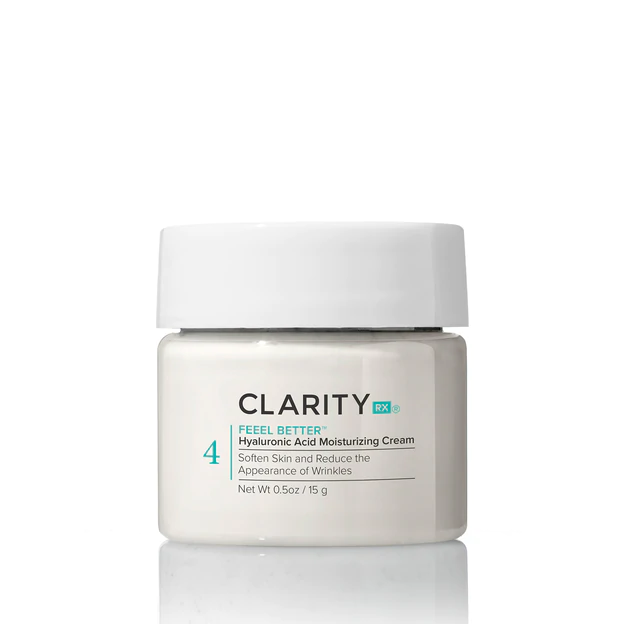How to find the best hydrating moisturizer for face?
Moisturizers are available for dry, sensitive, light, or dark skin, as are face creams, body lotions, and creams for both the face and body. When you add anti-aging chemicals and sunscreens to the mix, things only get more complicated. Your skin is protected by a layer of moisturizer, which helps keep it hydrated and healthy. Despite the fact that many people are unsure whether or not they even need to use moisturizer, the majority of dermatologists agree that it is necessary to do so on a regular basis. The Mayo Clinic recommends using "a moisturizer that fits your skin type and makes your skin appear and feel smooth" in addition to a healthy diet and stress management as part of a successful skincare regimen.
When it comes to finding a hydrating moisturizer, how can you know which one is best for you?
What exactly is your skin type?
Skin types are divided into five groups based on genetics and other (more controllable) variables, such as dietary habits. The combination is the most prevalent form in females. To ensure that you're using the proper products for your skin, you need to know what type of skin you have. A water-based or hydrating moisturizer for face won't do much for really dry skin, but heavier moisturizers will help dehydrated skin retain as much moisture as possible.
Decide on your skin type:
For dry skin - An oil-based moisturiser would be ideal for this skin type.
Moisturizing lotions with a higher percentage of water are best for oily skin.
For mature skin - Oil-based moisturizers can help mature skin retain moisture.
For highly sensitive skin - Benefit from substances that soothe the skin, such as aloe
For Normal/Combination skin - lighter, water-based moisturizers are needed for this skin type
For those who don't know what kind of skin they have, there's an easy test. You only need a few sheets of tissue paper and a few minutes of your time to get the job done. To establish your skin type, press the paper to different parts of your face and see how much oil it picks up.
Which type of moisturizer should you choose?
Moisturizer is vital regardless of whether your skin is dry or oily; it doesn't matter. Itching or dry skin can be alleviated by applying an ointment to the affected area. Creams are more lightweight, moisturizing, and ideal for all skin types. Lotions are primarily composed of water, which makes them great for people with oily skin.
Make sure the skin moisturizer for face is the right thickness based on when and where you apply it to your skin. Choose a lighter moisturizer throughout the day and a stronger one at night, advises dermatologist Andrea Cambio, MD, of Florida. You can also apply a heavier moisturizing lotion on your face and a lighter one on your body. During the summer, go for moisturizing lotions that are lighter and more nourishing.
Guidelines for the use of moisturizing products
Sunscreen. Every dermatologist suggests using a moisturizer with at least SPF 30 sunscreen, regardless of skin type. A fragrance- and oil-free option is best for your face.
Antioxidants. Any skin type can benefit from moisturizers that contain antioxidants like green tea, chamomile, pomegranate, or licorice root extract. It is possible to counteract the effects of free radicals by taking antioxidants.
For Acne-prone or oily skin, alpha-hydroxy acids which are also anti-aging are recommended. A non-comedogenic face moisturizer that doesn't clog pores is especially important if you're prone to breakouts.
For dry skin, choose a thicker moisturizer with components like hyaluronic acid skin carer and dimethicone to keep your skin nourished. Additionally, glycerin and propylene glycol help draw water to your skin, as do proteins and urea. A combination of lanolin, mineral oil, and petrolatum seals in moisture.
Itchy skin. Using a fragrance-free, hypoallergenic moisturizer is recommended. Sensitive skin is less likely to react negatively to a smaller number of substances. You can try a hydrocortisone skin cream if hypoallergenic moisturizing lotion doesn't help alleviate the itching for a week.
Eczema. In order to alleviate cracks and keep skin supple, apply a thick moisturizing ointment containing petrolatum or use petroleum jelly.

Comments
Post a Comment